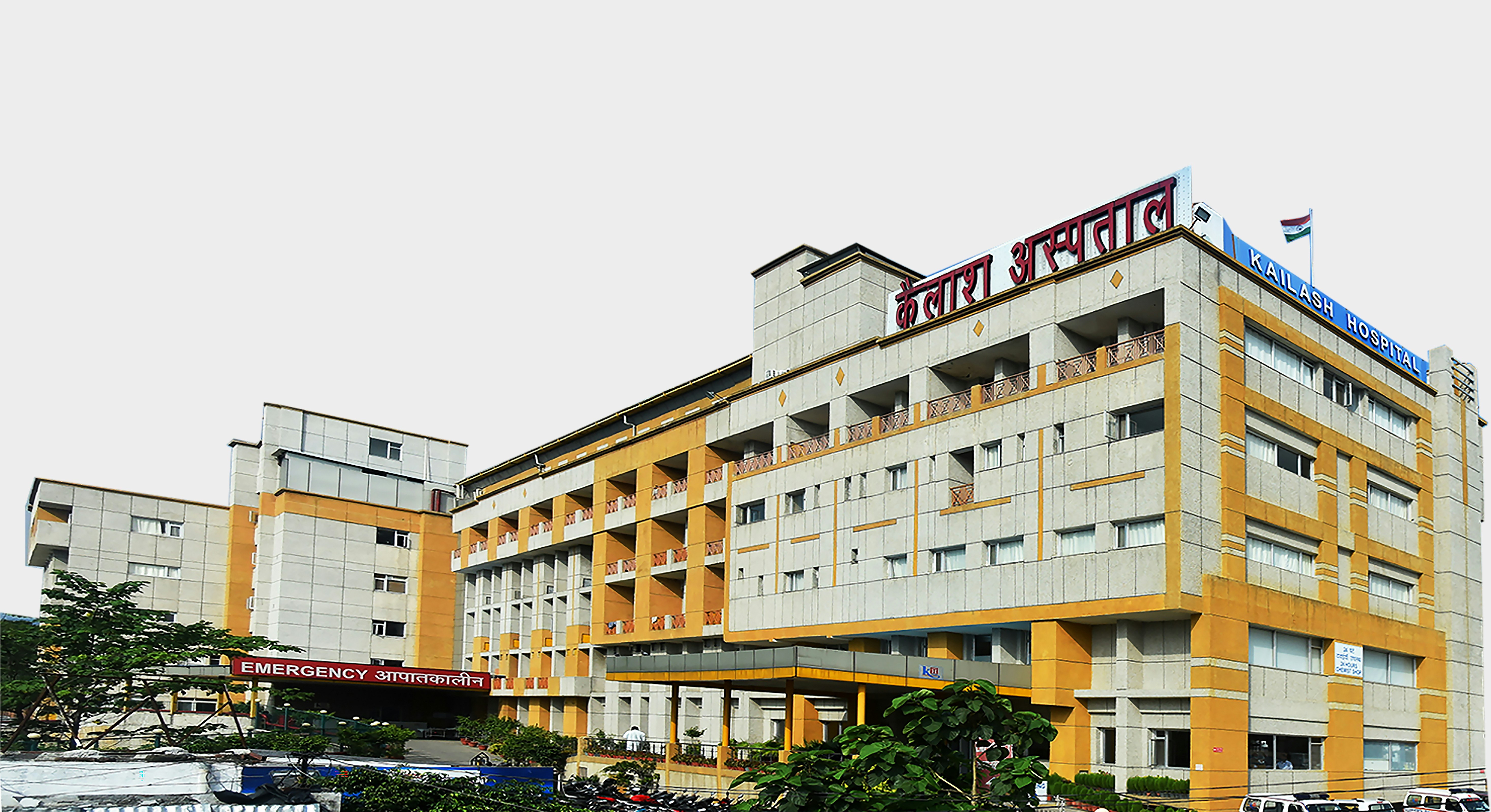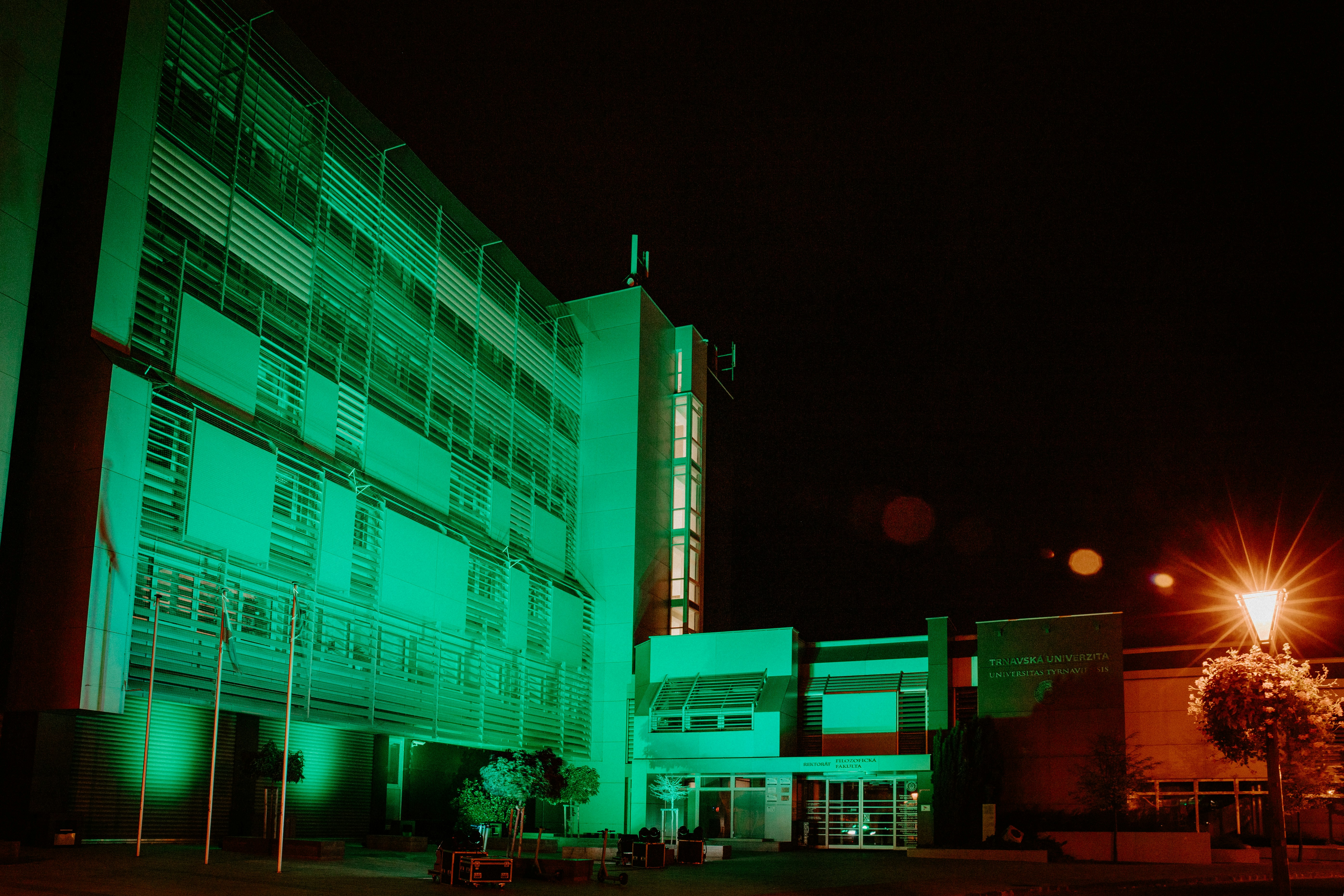Autism Testing Centers In Texas: Where To Get Tested

Getting tested for autism can be a life-changing step — whether you’re a parent seeking answers for your child, a teen navigating school challenges, or an adult finally connecting the dots about lifelong differences.
Autism testing isn’t about labeling — it’s about understanding. A proper diagnosis opens doors to support, therapies, and services that can improve daily life, communication, and independence.
Who Should Consider Getting Evaluated
Autism looks different for everyone. Some people may find social interactions challenging, struggle with changes in routine, or experience sensory sensitivities.
Others may have difficulty expressing feelings or adapting to new situations. If you or someone you care about shows signs of autism — at any age — getting evaluated can be a smart and empowering first step.
In Texas, there are many trusted places that offer autism testing, from well-known children’s hospitals and pediatric clinics to adult-focused neuropsychology centers and affordable university programs.
Whether you’re in Houston, Dallas, Austin, San Antonio, El Paso, Fort Worth, Arlington, Corpus Christi, Lubbock, or Amarillo, you can find options to fit your needs.
In this guide, we’ll help you explore the best testing resources in Texas based on your age, location, and situation — so you can move forward with clarity, confidence, and the right support.
Types of Autism Testing Services in Texas
Not all autism testing looks the same. The process can vary depending on your age, symptoms, and whether you’re looking for a quick screening or a full diagnostic evaluation. Here’s a simple breakdown of the types of autism testing services available in Texas:
Diagnostic Evaluations for Children
For young children, early diagnosis is key. These evaluations are often done by a team that may include child psychologists, speech therapists, or developmental pediatricians. The goal is to carefully observe your child’s behavior, communication, and play — and compare it with typical developmental milestones.
What it includes:
- Parent or caregiver interviews
- Play-based assessments
- Speech and language testing
- Observation of social skills
These evaluations help parents understand whether their child is on the autism spectrum and what kind of early support could make the most difference.
Autism Testing for Teens and Adults
Older kids and adults are sometimes overlooked earlier in life — especially if they’ve masked symptoms or been misdiagnosed. Autism testing for teens and adults in Texas typically focuses on life history, patterns of behavior, and how autism traits show up day-to-day.
What it includes:
- One-on-one interviews
- Questionnaires about social skills and daily routines
- Input from family members, friends, or teachers
- Cognitive or psychological testing (in some cases)
These evaluations are designed to spot autism signs that may not have been obvious in childhood but still impact relationships, school, or work.
Developmental Screenings vs. Comprehensive Assessments
Not sure where to start? Some Texas clinics offer developmental screenings — shorter, informal check-ins to flag possible autism signs. They’re a great first step, especially for toddlers or when you’re uncertain if a full evaluation is necessary.
If signs of autism are more apparent, a comprehensive assessment is the next step. This is a detailed process conducted by licensed specialists, leading to a formal diagnosis if appropriate.
Quick tip:
- Screening = quick check
- Full assessment = deep dive
Who Performs Autism Testing in Texas?
Depending on the location, autism evaluations in Texas may be done by:
- Developmental pediatricians
- Licensed psychologists
- Neuropsychologists
- Autism centers with multi-specialist teams
Each provider uses their own testing tools, but all aim to understand how an individual processes the world — especially in terms of social communication, behavior, and sensory experiences.
Top Places to Get Tested for Autism in Texas
Whether you’re seeking an autism diagnosis for your child, teen, or yourself as an adult, Texas offers many highly respected clinics, hospitals, and programs that specialize in comprehensive evaluations. Below, we’ve grouped some of the top options by age group and type of service.
For Children and Teens
- Texas Children’s Hospital – Autism Center (Houston)
What They Offer: Full diagnostic evaluations for children of all ages, using gold-standard tools like the ADOS-2 and developmental history interviews. Services often include speech, occupational, and behavioral assessments.
Why Parents Choose It: Known for a collaborative, family-centered approach with developmental pediatricians, psychologists, and therapists working together.
Extra Support: On-site therapies, parent education, and connection to community resources after diagnosis.
Website: texaschildrens.org - Children’s Medical Center – Center for Autism and Developmental Disabilities (Dallas)
What They Offer: Comprehensive autism evaluations, early intervention referrals, and treatment planning for children and adolescents.
Why It’s Great: Works closely with schools and community providers to ensure consistent support. Particularly skilled at evaluating children with co-occurring conditions like ADHD or anxiety.
Insurance Accepted: Most major health plans, Medicaid, and CHIP.
Website: childrens.com - The Autism Program at Baylor College of Medicine (Houston)
What They Offer: Diagnostic services for children and teens, plus referrals to therapy and intervention programs.
Why Families Like It: Combines medical expertise with research-based tools. Also offers bilingual evaluations in English and Spanish.
Quick Appointments: Often shorter wait times than larger public hospital systems.
Website: bcm.edu
For Adults
- The University of Texas at Austin – Autism and Developmental Disabilities Clinic
What They Offer: Adult-focused autism evaluations, including structured interviews, social history reviews, and cognitive assessments.
Why Adults Choose It: Offers a welcoming, non-judgmental environment, especially for women, BIPOC adults, and those who may have masked symptoms for years.
Helpful For: College students, young professionals, and older adults seeking clarity.
Website: utexas.edu - Center for Autism and Related Disorders (CARD) – Multiple Locations Across Texas
What They Offer: Autism screenings and diagnostic evaluations for teens and adults, followed by individualized therapy plans.
Why It’s Great: Large statewide network with flexible scheduling and telehealth options.
Services Included: ABA therapy, social skills groups, and counseling.
Website: centerforautism.com - The Johnson Center for Child Health and Development (Austin)
What They Offer: Evaluations for both children and adults, including medical, psychological, and functional assessments.
Why It’s Unique: Takes a whole-person approach, looking at nutrition, behavior, and physical health alongside autism testing.
Good Fit For: Adults who want a more holistic evaluation.
Website: johnson-center.org
Multidisciplinary Autism Evaluation Centers
- Texas Tech University Health Sciences Center – Burkhart Center for Autism Education & Research (Lubbock)
What They Offer: Comprehensive diagnostic evaluations for all ages, with a team of developmental specialists, psychologists, and therapists.
Who Qualifies: Children, teens, and adults from across Texas.
Why It’s Valuable: Offers follow-up support programs in education, job training, and life skills.
Website: burkhartcenter.org - Cook Children’s Jane and John Justin Institute for Mind Health (Fort Worth)
What They Offer: A multidisciplinary team evaluates children for autism and related developmental conditions, with in-house neurology, psychology, and therapy services.
Why Families Choose It: All services under one roof make it easier to coordinate care and start interventions quickly.
Special Note: Accepts most major insurance plans.
Website: cookchildrens.org
Support Available After Diagnosis
Many Texas centers don’t stop at testing — they help you take the next step by offering:
- Therapies: Speech, ABA, or occupational therapy
- School Support: IEP advocacy and accommodations guidance
- Life Skills & Job Support: Coaching, employment programs, and independent living training
- Counseling: Individual or family therapy and support groups
What to Look for in a Texas Autism Testing Provider
- Experience with your age group (child, teen, or adult)
- Clear, step-by-step testing process explained upfront
- Licensed professionals (psychologists, neurologists, developmental pediatricians)
- Services offered after diagnosis
- Acceptance of your insurance or flexible payment plans
City‑by‑City Guide to Autism Testing Locations in Texas
City / Region | Clinic / Center | Who They Test | Type of Services | Insurance / Payment |
Houston | Texas Children’s Hospital – Autism Program | Children | Diagnostic evaluation, multidisciplinary support, therapy referrals | Most major insurance accepted (texaschildrens.org) |
Houston / Cypress / Katy / Dallas-Fort Worth | Spectrum of Hope – Autism Diagnostic Services | Children (18 mo+) & Adults | Diagnostic testing, reports in ~7–10 business days | Insurance/self-pay accepted (spectrumofhope.com) |
Austin | CARES at Texas State University | Children & Teens | University-based diagnostics and support services | Low-cost, education clinic model (cares.education.txst.edu) |
Lubbock / East Texas | Burkhart Center for Autism Education & Research | Children & Teens | Evaluations, community services, free ABA via grants | Grant-funded services (depts.ttu.edu) |
San Antonio | Dell Children’s Medical Center – Autism Program | Children | Diagnostic evaluations, community resource connections | Hospital-based programs (dellchildrens.net) |
San Antonio | UT Health Science Center – Autism Treatment Center | Children & Young Adults | Research-based diagnostics and interventions | University-affiliated (uthscsa.edu) |
Dallas | Children’s Medical Center Dallas – Autism Services | Children | Comprehensive evaluations, therapy referrals | Most major insurance (childrens.com) |
Fort Worth / Arlington | Texas Autism Assessment & Advocacy Group (Southlake) | Children & Adolescents | Multidisciplinary assessments, educational advocacy | Self-pay; accepts insurance (texasautismassessment.com) |
El Paso | El Paso Children’s Hospital – Autism Clinic | Children & Teens | Diagnostic evaluations and family support | Insurance accepted (elpchildrenshospital.org) |
Corpus Christi | Coastal Bend Autism Center | Children & Teens | Diagnostic screening, therapy referrals | Insurance and private pay (coastalbendautismcenter.org) |
Amarillo | Amarillo Children’s Clinic – Developmental Pediatrics | Children | Autism evaluations, developmental screenings | Most major insurance accepted (amarillochildrensclinic.com) |
McAllen / Rio Grande Valley | Rio Grande Valley Autism Center | Children & Teens | Diagnostic services, early intervention referrals | Accepts Medicaid and private insurance (rgvautismcenter.org) |
Beaumont | Southeast Texas Autism Center | Children | Diagnostic evaluation, therapy services | Insurance accepted (setxac.org) |
Round Rock | Round Rock Pediatrics & Developmental Clinic | Children & Teens | Comprehensive autism evaluations, speech and occupational therapy | Insurance and private pay accepted |
Additional Notes:
- Age Coverage: Some clinics focus strictly on children, others include teens and adults—always confirm before scheduling.
- Insurance Verification: Call ahead to ensure your insurance is accepted or inquire about payment plans.
- Referral Requirements: Many insurance-based evaluations require a referral from a primary care physician.
- Wait Times: High-demand centers may have waiting lists; consider multiple options for timely appointments.
Low-Cost and Free Autism Testing Resources in Texas
Getting tested for autism can feel overwhelming — especially when costs add up and insurance isn’t always an option. Fortunately, Texas offers several resources for low-cost or even free autism evaluations, particularly for young children and families with limited income.
State-Funded Clinics
The Texas Health and Human Services Commission (HHSC) and Early Childhood Intervention (ECI) programs support families with children under age 3 by providing access to autism testing and early services.
These programs often offer evaluations at no cost if your child qualifies based on developmental concerns or income.
ECI Website: hhs.texas.gov/services/disability/early-childhood-intervention-services
University-Based Autism Clinics
Several Texas universities have clinics that provide autism testing through their psychology, education, or medical departments. These clinics are supervised by licensed professionals and often provide reduced fees, especially when tied to research or training programs.
- Texas Tech University Burkhart Center: Offers diagnostic evaluations and support, often with grant-funded or sliding scale options.
- University of Texas at Austin – Clinic for Autism Research, Evaluation, and Support (CARES): Provides assessments and early intervention referrals with lower costs.
- UT Health San Antonio Autism Clinic: Provides research-based evaluation opportunities and clinical services.
Nonprofits and Grants
Nonprofit organizations such as Autism Society of Texas and The Autism Treatment Center of Texas may offer scholarships, financial aid, or referrals to affordable testing services. They also connect families with free resources, support groups, and guidance on navigating insurance and funding.
- Autism Society of Texas: autismsocietytexas.org
- Raising Special Kids (Texas branch of a national nonprofit): raisingspecialkids.org
How to Choose the Right Evaluation Center
Not all autism testing centers are the same, and choosing the right one can shape your experience and the accuracy of the diagnosis. Here’s what to look for:
- Qualified professionals: Licensed psychologists, developmental pediatricians, or behavior specialists with autism experience.
- Age-appropriate services: Some centers specialize in children, others in teens or adults. Pick one that matches your needs.
- Comprehensive evaluations: Good centers don’t just do quick screenings. They observe behavior, gather developmental history, and use trusted tools like the ADOS.
Questions to Ask Before Booking
- Do you evaluate [children/teens/adults]?
- What is the current wait time for appointments?
- Do you accept my insurance or offer payment plans?
- Will I receive a detailed written report with recommendations?
Choosing a center that answers your questions clearly and treats you with respect is a strong sign you’re in the right place.
Do You Need a Referral for Autism Testing in Texas?
Whether you need a referral for autism testing in Texas depends on where you go and how you plan to pay.
If You’re Using Insurance
Most private insurance plans — as well as Medicaid (called Texas Medicaid or STAR Health for some children) — typically require a referral from your child’s pediatrician or your primary care doctor. This referral helps insurance approve and cover the cost of the evaluation.
If You’re Paying Out of Pocket
If you’re not using insurance, you usually don’t need a referral. You can contact clinics or licensed psychologists directly to schedule an appointment for an autism evaluation.
For Schools or Early Intervention
If your child is under 3 years old, you can access autism testing and early support through Texas’s Early Childhood Intervention (ECI) program without a referral. For children age 3 or older, you can also request an evaluation through your local public school’s special education department — even if your child isn’t yet enrolled.
Autism Testing for Adults: What’s Different?
Autism isn’t only diagnosed in childhood — many adults go undiagnosed for years because they learned to “mask” their symptoms or were misunderstood growing up. Today, more adults in Texas are seeking evaluations after recognizing signs in themselves.
What Makes Adult Testing Unique?
- Signs Can Be Subtle: Adults might experience social exhaustion, anxiety, difficulty with change, or strong routines and interests. These signs can sometimes be mistaken for anxiety, ADHD, or just personality quirks.
- Life Context Matters: Testing considers how you function in daily life — at work, home, or social settings — not just school.
- Choose Experienced Providers: Not all clinics specialize in adult autism diagnosis. It’s important to find providers who understand adult traits and have experience with adult evaluations.
Why Adults Get Tested:
- To better understand themselves and their experiences
- To access workplace or academic accommodations
- To connect with support groups or specialized services
- To finally get answers to long-held questions about their differences
How Long Does Autism Testing Take in Texas?
Autism testing isn’t a single appointment — it’s a careful, step-by-step process designed to understand a person’s unique strengths and challenges.
Here’s What You Can Expect:
Initial Call or Intake:
You’ll start by filling out forms and might have a brief phone interview to share your concerns and history.
Wait Time:
Depending on the clinic or specialist, you may wait from a few weeks to several months for your appointment. Popular centers in Texas can have longer waitlists, so it’s a good idea to reach out to multiple providers.
Testing Day(s):
You or your child will spend several hours with a psychologist or specialist. This usually involves:
- Answering questions about behaviors and history
- Completing tasks or puzzles
- Talking about daily life, social interactions, and routines
Parent or Caregiver Input:
For children — and sometimes adults — family interviews help give a fuller picture of strengths and challenges.
Final Report:
After testing, you’ll receive a detailed written report explaining the results and diagnosis (if given). This often takes 2 to 6 weeks.
What Happens After the Diagnosis?
A diagnosis isn’t an end — it’s the start of new understanding and support.
If a Diagnosis Is Given:
You’ll get a written evaluation with clear recommendations. Then, you can begin therapies and services such as:
- ABA (Applied Behavior Analysis) for children
- Speech or occupational therapy
- Social skills groups or life coaching for teens and adults
- Support at school or work
Other Benefits:
You may qualify for special education plans like IEP or 504 Plans, government assistance programs, or job training services.
More Confidence:
Many people feel relief and empowerment after understanding what’s really been going on.
Helpful Tip:
Even if autism isn’t diagnosed, testing might uncover other helpful insights like anxiety, ADHD, or learning differences — so you can still find the right support.



